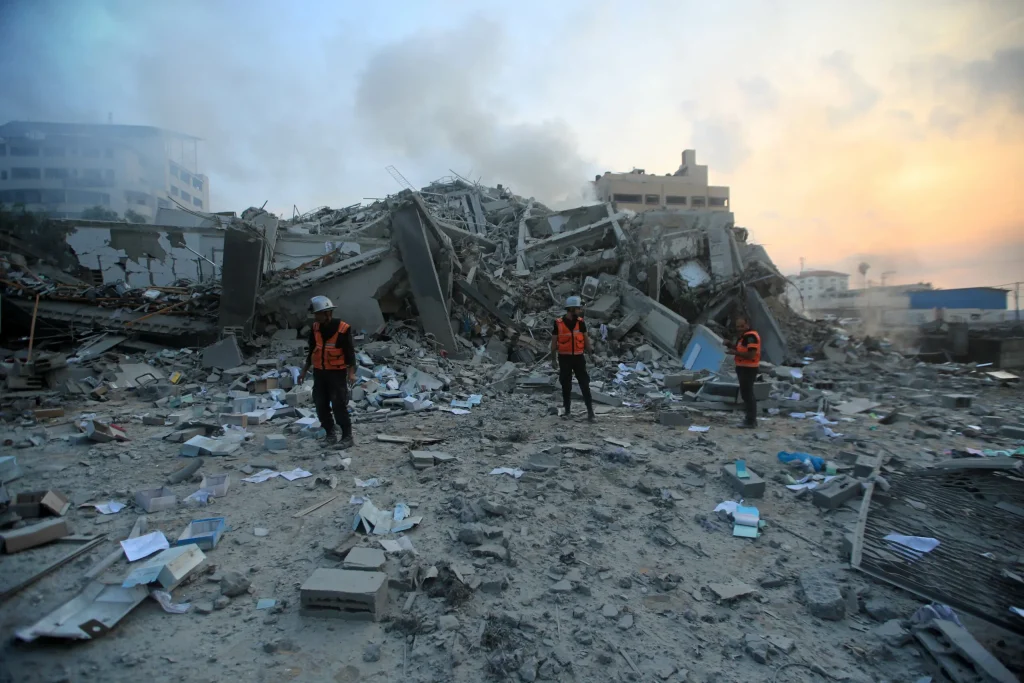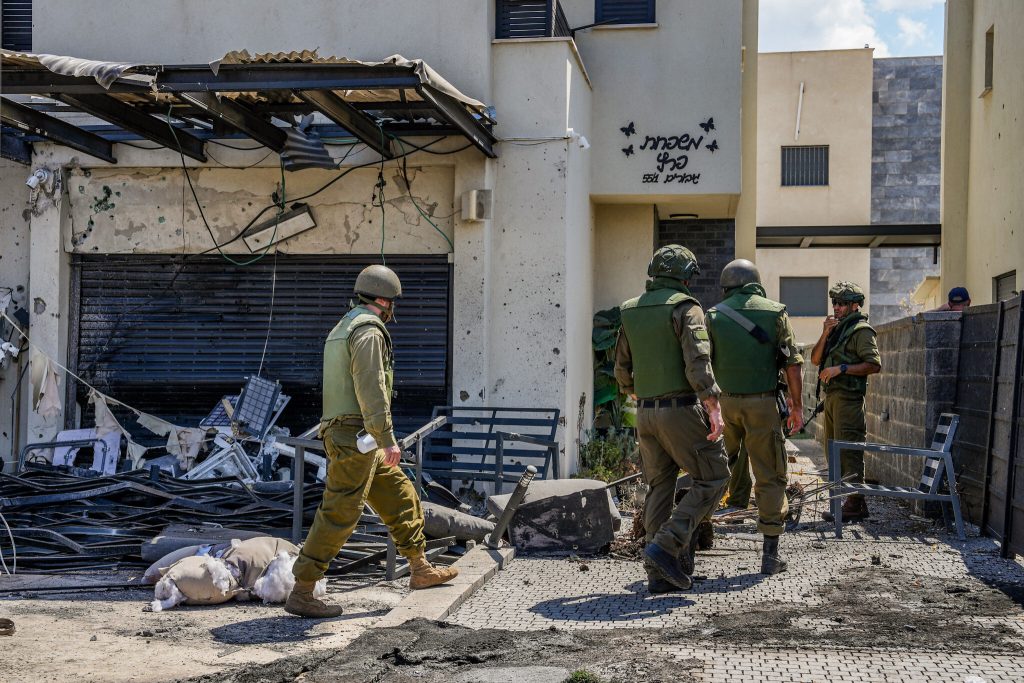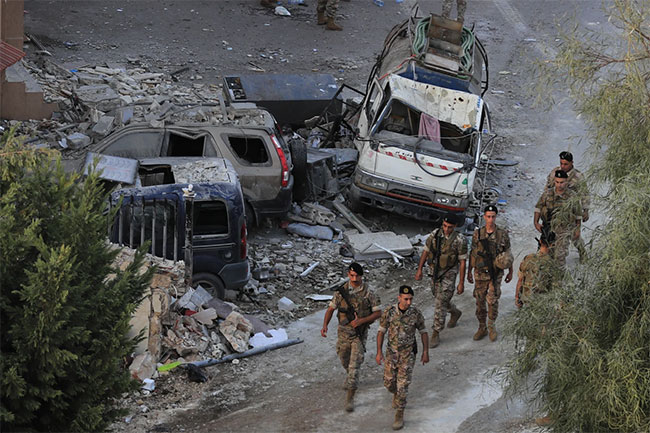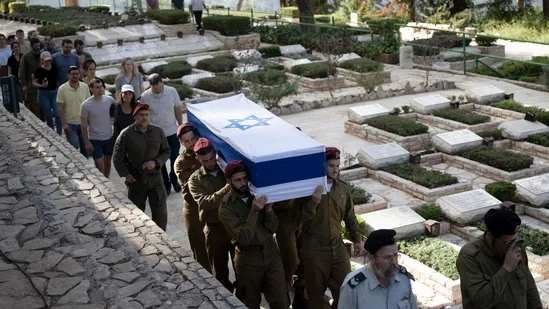The Israeli military has reported that it has killed more than 65 Hezbollah fighters over the past 24 hours, intensifying its military operations against the Lebanese militant group. This announcement comes amid escalating tensions in the region and increased Israeli strikes targeting Hezbollah positions.
On Sunday morning, the Israeli military issued evacuation warnings to residents in the southern suburbs of Beirut, particularly focusing on the densely populated area of al Dahiyeh. Avichay Adraee, the Israeli military’s Arabic spokesperson, made an urgent appeal for residents to leave specific buildings that are believed to house Hezbollah facilities. The areas in question include neighborhoods in Hraik and Hadath, with attached maps detailing the locations of the targeted structures.

Adraee emphasized that residents should evacuate not only the identified buildings but also a surrounding radius of at least 500 meters. He warned that Israeli military operations would occur in the vicinity soon, targeting what he described as “Hezbollah facilities and interests.” This proactive measure aims to minimize civilian casualties as the Israeli forces ramp up their activities in a region long known for its complex and often volatile mix of civilians and militant operations.
The map shared by Adraee highlights one of the targeted buildings located close to both a hospital and a mosque in the Hraik neighborhood, raising concerns about the safety of non-combatants in the area. The proximity of military targets to civilian infrastructure is a recurring issue in the Israeli-Hezbollah conflict, often complicating military operations and humanitarian responses.
The recent Israeli actions are part of a broader strategy to dismantle Hezbollah’s military capabilities amid ongoing hostilities in the region. Israel has accused Hezbollah of escalating its aggression and has stated that it will take decisive action against the group to ensure the security of its northern borders. The Israeli military aims to cripple Hezbollah’s operational capacity, particularly as the group has increased its rocket attacks on northern Israel in recent weeks.

Hezbollah, a powerful Iranian-backed militant group, has maintained a significant presence in southern Lebanon and has been involved in a series of confrontations with Israel over the years. The group has reportedly been active in coordinating military strategies with Iran, further complicating the regional security landscape. Israel’s intensified campaign against Hezbollah is seen as a response to perceived threats from Iran’s proxies in the region.
As the situation develops, concerns about the humanitarian impact on civilians in southern Beirut are growing. The Israeli military’s warnings have prompted many residents to flee the affected areas, creating a wave of displacement in a region already suffering from the ramifications of past conflicts. Local authorities and humanitarian organizations are on high alert, preparing for potential humanitarian crises as more families are forced to evacuate their homes.
Despite the threats from Israel, Hezbollah has vowed to retaliate against any attacks on its positions. The group has previously demonstrated its resilience in the face of Israeli military actions, often responding with its own rocket fire and attacks against Israeli targets. This cycle of violence raises fears of a broader escalation, particularly as both sides remain committed to their military objectives.
In light of the current situation, international observers are urging for restraint and dialogue to prevent further bloodshed. The recent escalation highlights the fragile nature of security in the region, with the potential for unintended consequences affecting civilians caught in the crossfire. The international community continues to monitor developments closely, advocating for measures to protect non-combatants and seek diplomatic solutions to the ongoing conflict.

As the Israeli military prepares for its next steps, the focus remains on the implications of its operations for regional stability. The ongoing hostilities between Israel and Hezbollah not only affect Lebanon but also have broader ramifications for the Middle East, particularly in the context of Iran’s influence and the potential for wider confrontations in the region. The situation remains fluid, with many eyes on the actions and responses of both Israel and Hezbollah in the coming days.




